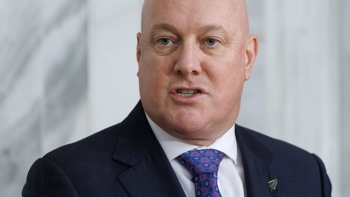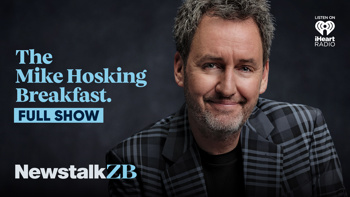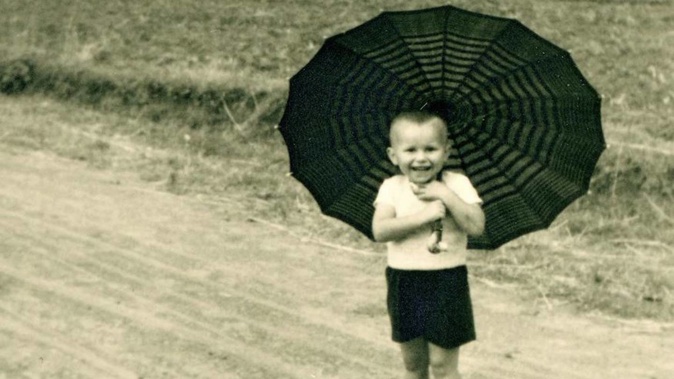
The first time Alwin Meyer visited one of the children of Auschwitz, they were reluctant to let him in because he was German.
"A Jewish friend had arranged the meeting, and I realised if he hadn't been there, they wouldn't have spoken to me," Meyer tells me now, half a century on from that initial encounter. "At that time, in the 1970s, they couldn't open the door to a young German. It was impossible for them."
Now 71, Meyer has dedicated his life to telling the stories of those who survived childhood incarceration in Auschwitz: at least 232,000 minors were sent to the concentration camp, the vast majority of them Jewish, but only 750 were liberated alive at the end of the war, 60 newborn babies among them. Meyer spent years trying to track them all down, winning their trust and recording their memories. It was his way, he says, of addressing an "inheritance" of guilt.
The details he uncovered are harrowing: how, for example, the children in Auschwitz used to play the "gas chamber game", throwing stones into the ground to represent the people being taken to the crematorium, or discussing how the ovens were built. They would watch adult prisoners end their lives by walking into the electric border fences. Once, 1,500 children were sent to their deaths in a single day.
It is facts like these that make Meyer's book, translated into English for the first time this month as Never Forget Your Name, so shattering to read. When you're writing about Auschwitz, where one million people were murdered, it's easy for everything to become a blur of numbers. But Meyer turns the statistics back into stories: telling us where the children came from, how they survived, and what happened to them after the war.
Sitting at the kitchen table of his flat in central Berlin, a plate of home-made traditional German biscuits in front of him, he describes a life spent confronting the darkest of horrors. Twin brothers Jiri and Zdenek Steiner were 13 years old when they were sent to Auschwitz. Jiri told Meyer how the boys wanted to take their toys with them but "were told, 'No, you can't.' The time for playing was over." Yehuda Bacon, who was 10 when he was transported to the camp, recalled how "the trains were sealed, like sealing a living person in a coffin. We were treated like cattle being taken to slaughter."
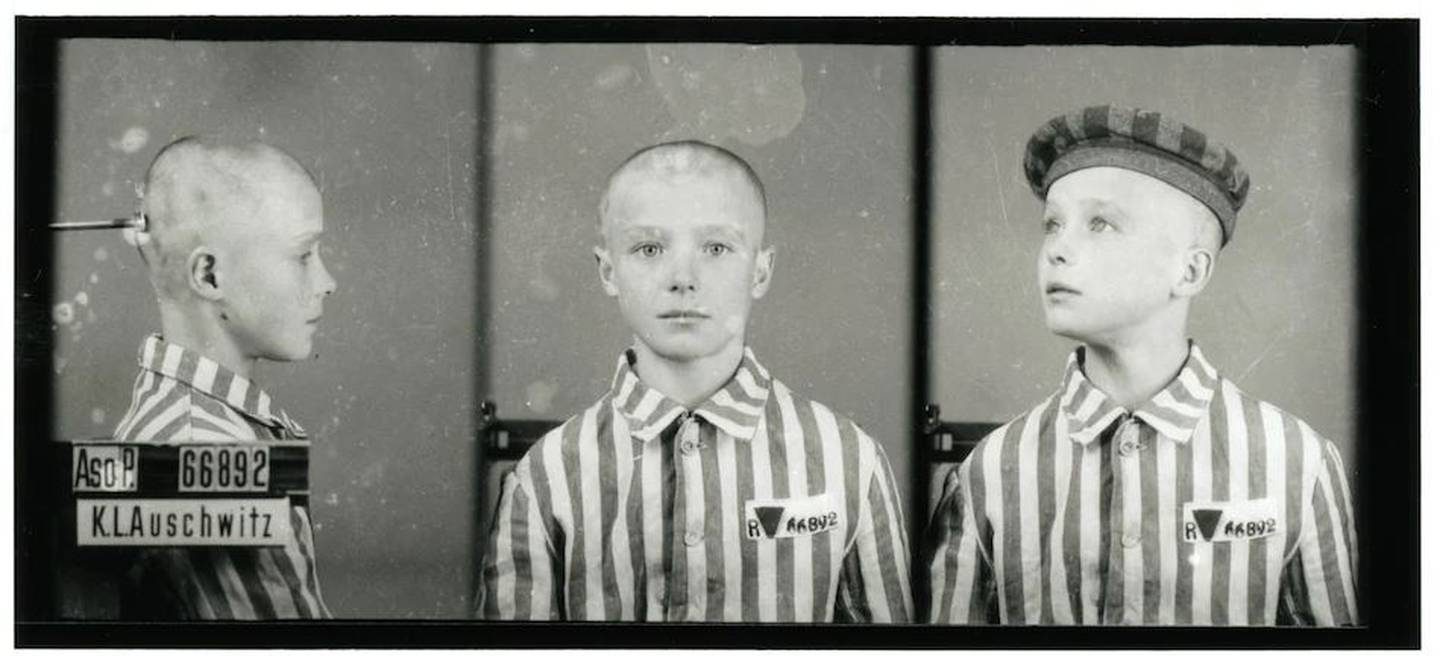
Jaroslav Lisin arrived at the camp on October 2, 1942. His fate is unknown. Photo / Getty Images
Robert Büchler told Meyer how when, at the age of 15, he and his family were taken off the train, his father asked some of the other prisoners where they were. When they told him they were in Auschwitz, Robert felt his father's hand begin to shake. "I didn't know my father like that at all."
Channa Markowicz was 16 when she arrived at Auschwitz: her mother was immediately selected to die by Dr Mengele and led away to the gas chambers. Channa called out to her mother but when she turned around, Mengele grabbed her by the neck and threw her to the floor. Channa would spend the rest of her life haunted by guilt that she had let her mother go.
"The protection of children, the sick and the elderly, was turned on its head," says Meyer. "Anyone who could not be abused as a slave labourer had no right to exist." Many small children were sent to the gas chambers as soon as they arrived. If a mother entered the camp with an infant in her arms, they were gassed together. Until 1943, babies born inside Auschwitz were murdered at birth; a pregnant woman only stood a chance of survival if she agreed to an abortion.
Meyer's interest in the children of Auschwitz began when he visited the camp at the age of 22. There, he met Tadeusz Szymanski, a Jewish former inmate who had contracted typhus while at Auschwitz, then later escaped after being transferred to another camp. At the end of the war, while other survivors couldn't get far enough away, Szymanski had returned to Auschwitz to ensure it was preserved as evidence, and as a memorial to those who had been murdered there.
"I was asking him all sorts of questions about the camp," says Meyer. "He told me how there had been children there. I hadn't known that before, and it had a big impact on me. When I got back to Berlin, I wanted to know more about what had happened to the children. I went to a bookshop and asked if they had a book on the subject. They couldn't find one in German so they looked for me in English, French, different languages, but no one had written about it. That was when I decided that I would." He smiles ruefully. "I was young. I had no idea what it would entail."
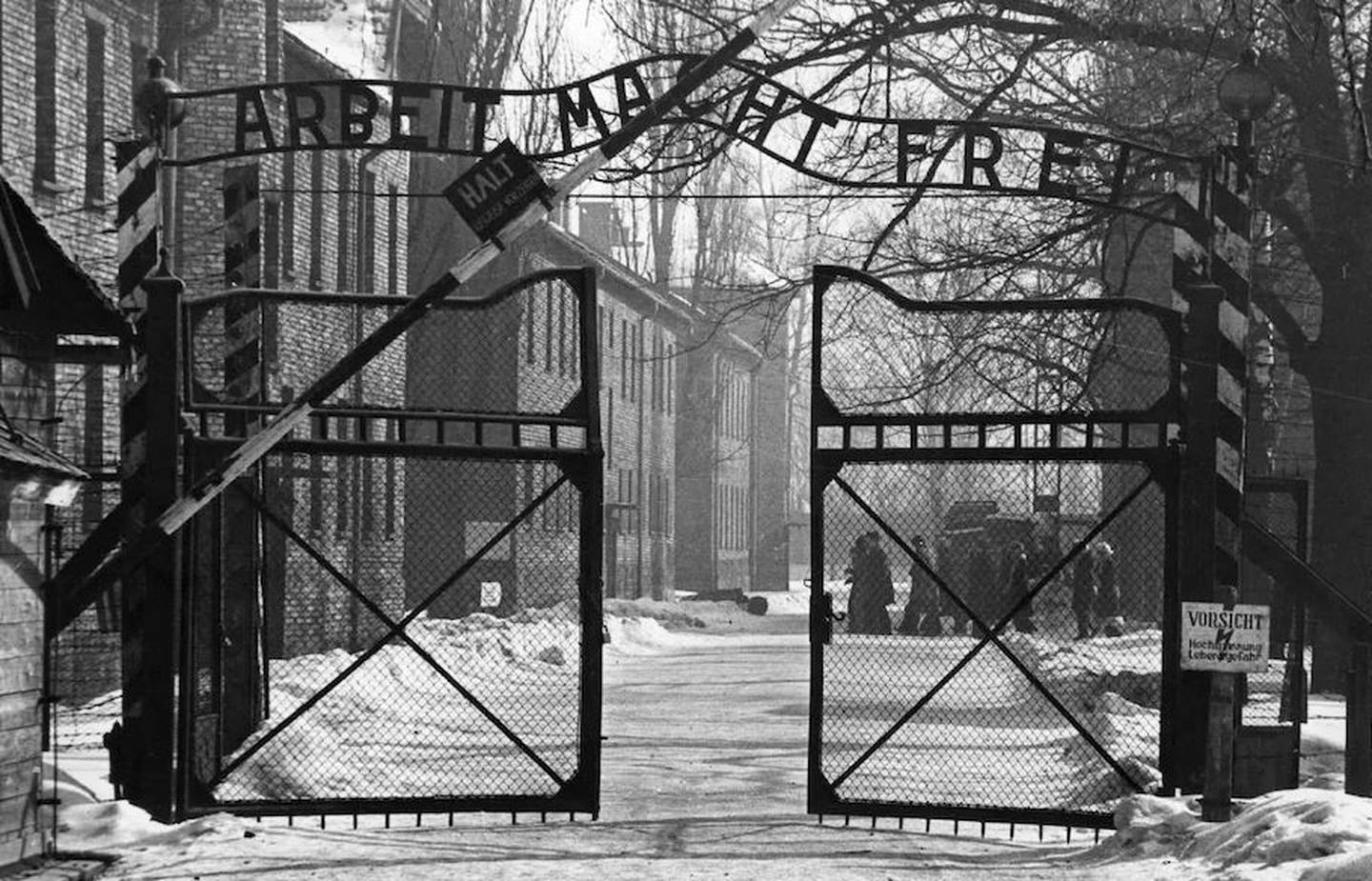
The gates of Auschwitz. Photo / Getty Images
That was in 1972. It would take Meyer the next 26 years to complete his book: Die Kinder von Auschwitz, or The Children of Auschwitz. It was the first serious attempt to tell the stories of the children, and it made waves in Germany – but Meyer wasn't finished.
"One of the survivors told me they'd agreed to speak to me because I was interested in who they were. All anyone had ever wanted to ask them about was Auschwitz; what it was like in the camp. Never about their lives, what happened to them before and after. So, I decided I had to write another book that told that part of the story."
The result is his masterwork, Never Forget Your Name, 43 years in the making. Published in Germany in 2015 as Vergiss Deinen Namen Nicht, it opens with the lives of the survivors before they were torn apart by the Holocaust, describes the horrors they endured at Auschwitz unflinchingly, then goes on to tell how they struggled to live again afterwards.
One, Kola Klimczyk, was 2 years old when he was rescued from Auschwitz at the end of the war. By then, most of the surviving prisoners had been moved to other camps, leaving children, the sick and the elderly guarded by a handful of SS troops. A few local Polish people summoned the courage to enter the camp, among them a childless couple who found Kola, covered in bite wounds from dogs, and decided to adopt him.
As he grew older, they realised he did not comprehend that people could die of natural causes; from his experiences in Auschwitz, he understood only murder. When one of their relatives died, he asked them: "What do you mean 'died'? Who beat him to death?"
Yehuda Bacon was similarly mystified when he first attended a funeral. He told Meyer how he saw the coffin and heard the music playing and thought people must be out of their minds to "make such stories for the sake of a dead body". In Auschwitz, he had seen uncovered corpses every day.
When Olga Solomon became pregnant for the first time, she found herself reliving the horrors of her childhood in Auschwitz, where she had seen a baby taken from its mother and thrown alive into the ovens. "I didn't know what Mengele had injected me with when we were 6 years old," she told Meyer. While waiting for the birth, she was haunted by a question: "Who knows what will come out of me?"
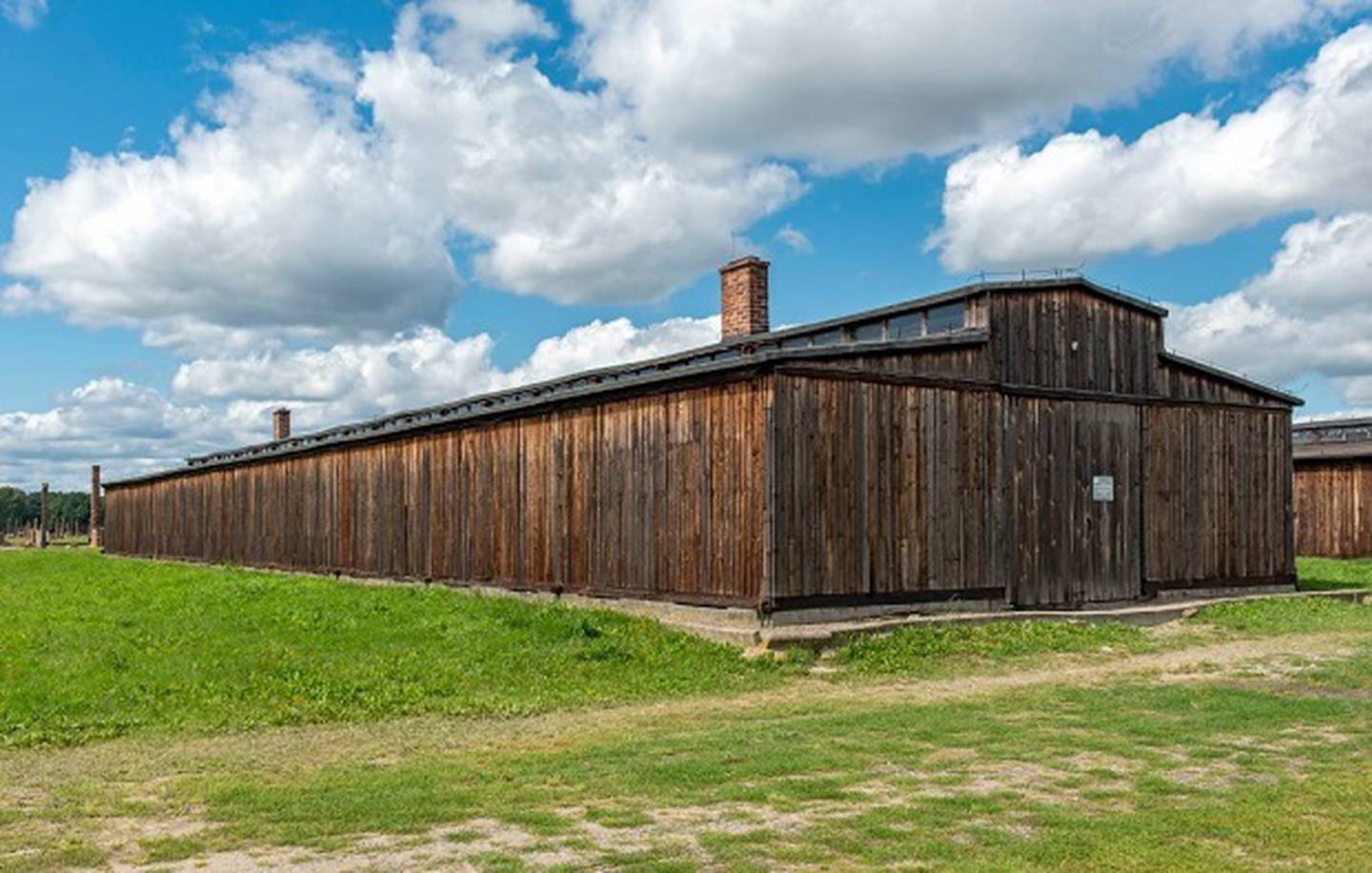
Barracks at Auschwitz II-Birkenau concentration camp, Oswiecim, Poland. Photo / Getty Images
These accounts added up to what the young, non-Jewish Meyer saw as a devastating legacy. "I was born in 1950, five years after the end of the war," he says. "You could say I had nothing to do with it. But you do have something to do with it if you're German. It's an inheritance. It's a terrible inheritance, but one you have to face if you're German."
It was Szymanski who arranged Meyer's first meetings with Auschwitz survivors, and helped persuade them to overcome their initial suspicion of him. "I think he saw in me a young German whom he could get to understand what had happened," Meyer says. "He gave me a lot of encouragement, and he pushed me hard. He was very demanding, but then he was very demanding of himself."
Some survivors refused to meet Meyer. He tells of one who agreed to meet only in a public place. After questioning Meyer for an hour about his intentions, the man offered to drive him to his house, outside which they sat in the parked car and talked. Only after another hour of questions was Meyer invited in.
Sometimes, though, it took years for him to win a survivor's trust. Meyer's flat is all clean lines; there are no mementoes of the children on display. But filed in his archives is the photograph Kola Klimczyk sent to his relatives when he was trying to find the biological mother he'd never known.
"The woman he found was always convinced he was her son, but Kola was never sure," says Meyer. "As he got older I think he began to doubt it more. Over the years I asked him if I could see the letters his family had sent him, but he always told me he didn't have them any more.
"Then one day he called me to meet. He didn't say a word, he just put this sheaf of papers in front of me. 'Are these the letters?' I said. He just nodded. 'Can I make copies of them?' He shook his head. And then he said: 'You can have them'. I still have them today. I found the photograph among them."
Meyer is softly spoken and gentle, but at times you glimpse the resilience needed to spend a lifetime documenting the monstrous crimes committed in the name of his own country. "I didn't do it for compliments," he says now. "I did it because it had to be done."
While pursuing the project, he made a living working for a church organisation that helps victims of the Nazis. "My wife and two children always supported my work on the book," he says. "I was very lucky."
There was no particular reason for Meyer to take Germany's guilt on his shoulders. His father had served in the military under the Nazis, as all German men were obliged to do, but, as far as Meyer knows, was not involved in the crimes of the Holocaust.
"He was stationed in Finland. I tried to ask him about the war but he never told me anything. He didn't want to talk about those times. None of my family were involved in any special crimes that I know of. Of course, there may be something I don't know."
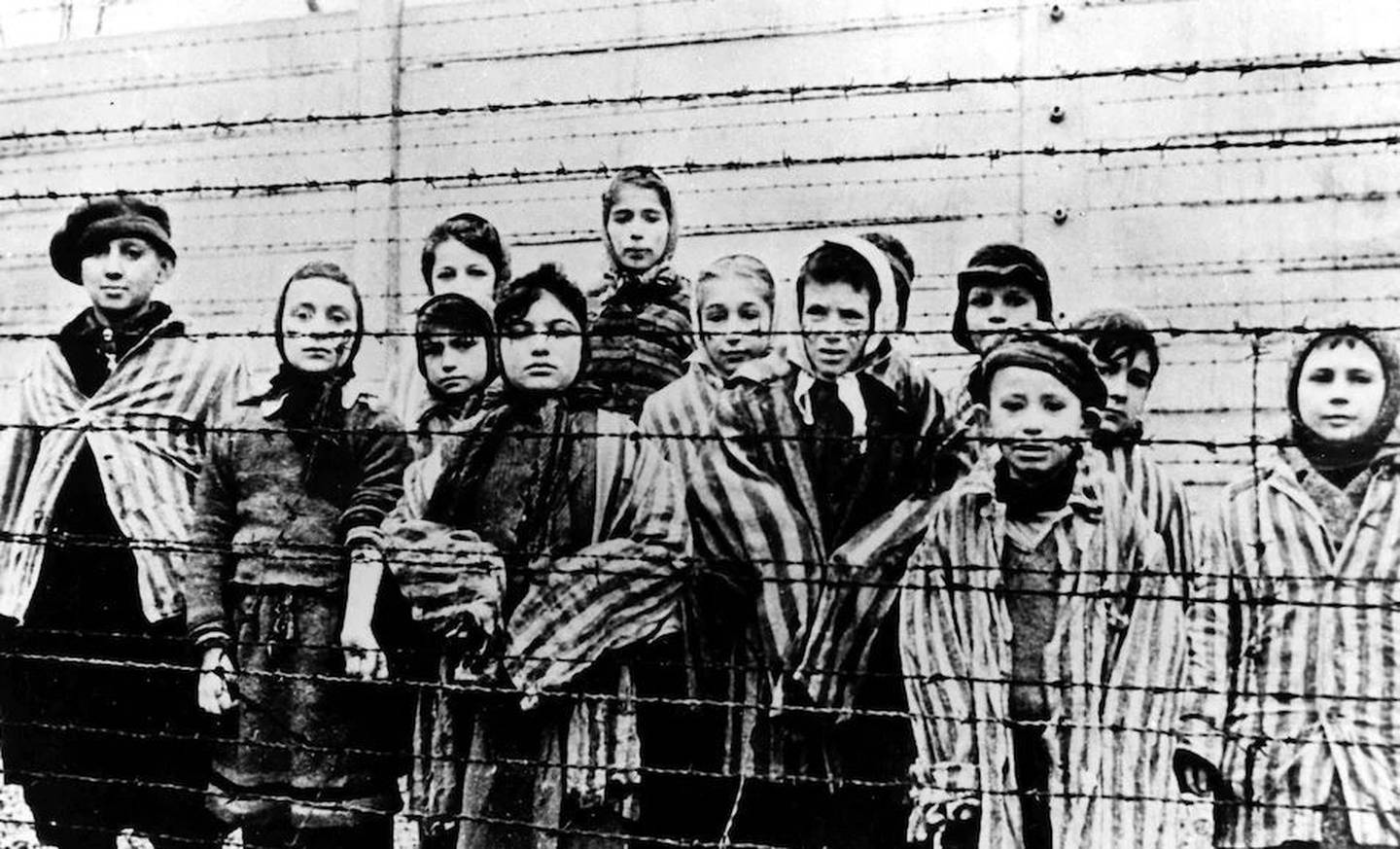
Child prisoners at Auschwitz, photographed just after the liberation of the camp by the Soviet army in 1945. Photo / Getty Images
In some ways, he is a living personification of what has become known in Germany as the Vergangenheitsbewältigung – the struggle to overcome the past. No country has faced its historical crimes as directly as Germany. Those who lived through the war, like Meyer's father, may have wanted to forget what happened, but the postwar generation was determined to confront it. There would be no Pact of Forgetting, like Spain's after the end of the fascist Franco regime. German schoolchildren are taken to former concentration camps to see what was done in their country's name. Guilt is part of the national identity.
Meyer has no time for those who argue that other countries, too, have their dark histories to confront. "I don't want to talk about that because that relativises it. It is for Germans to weep for our flaws," he says. "You have to deal with the past. That's the only way of making sure it never happens again."
- by Justin Huggler, Daily Telegraph UK
Take your Radio, Podcasts and Music with you






